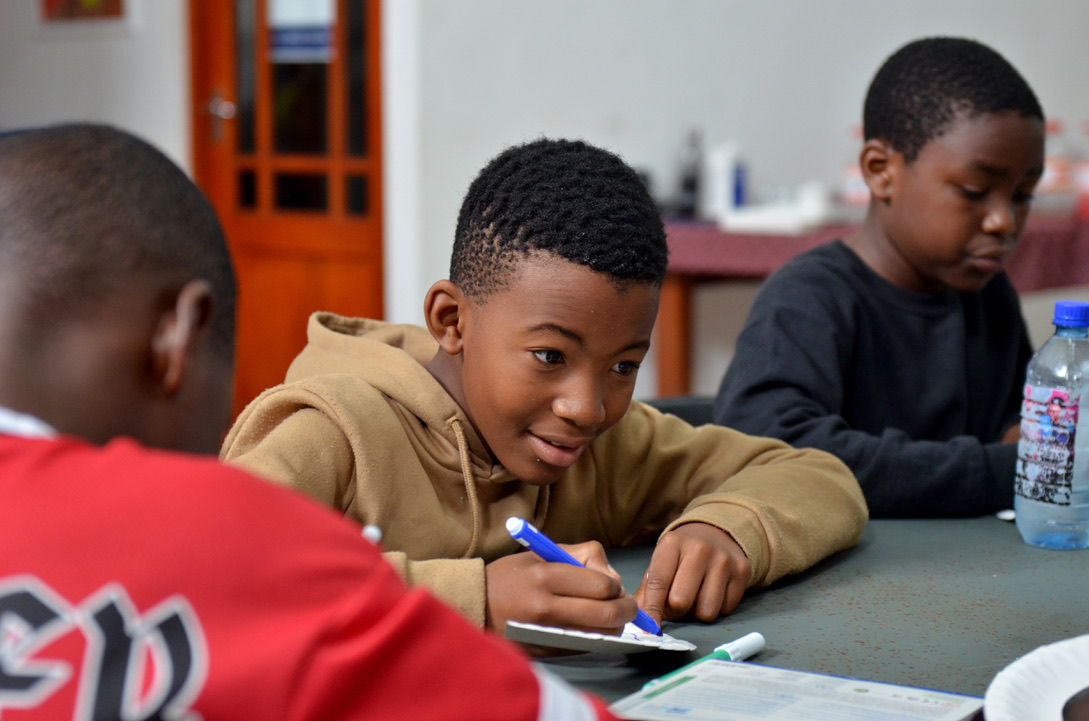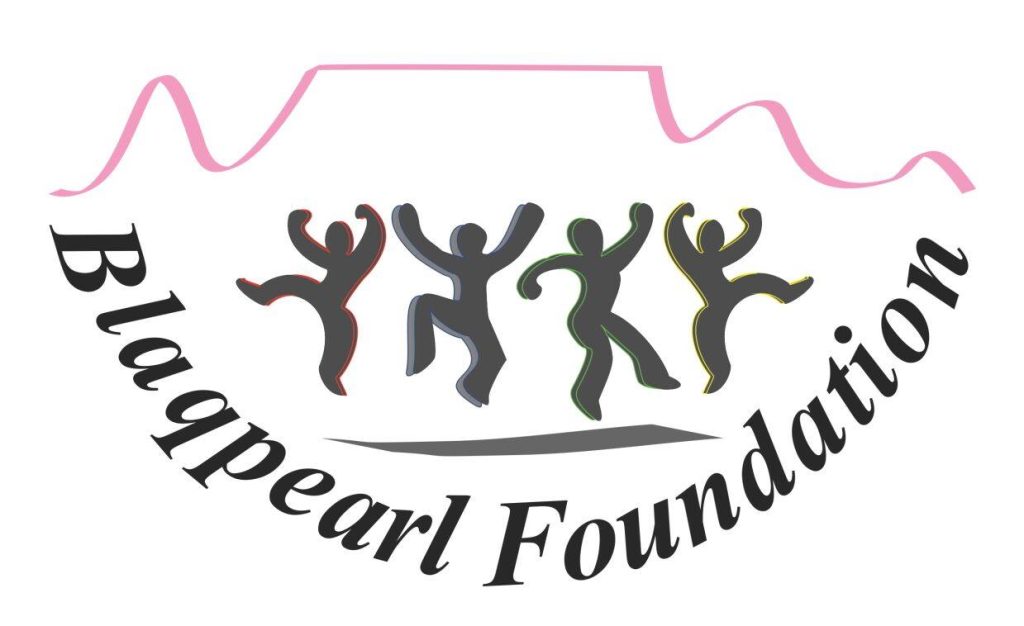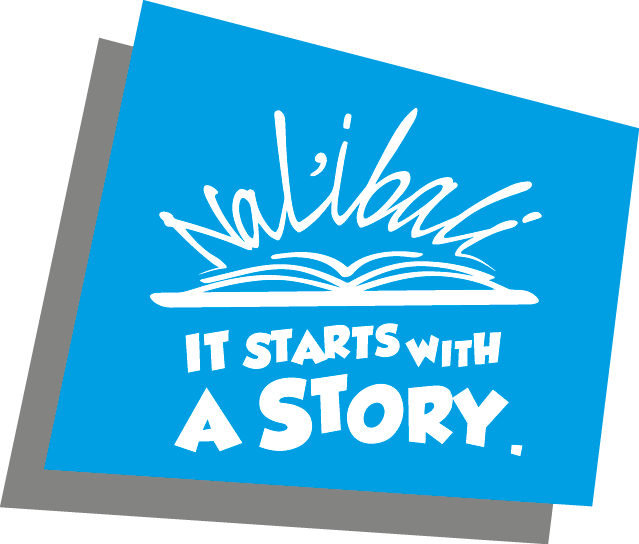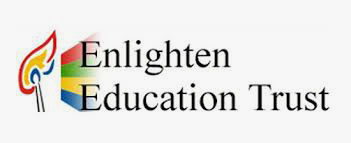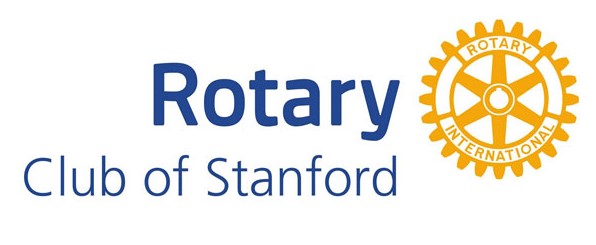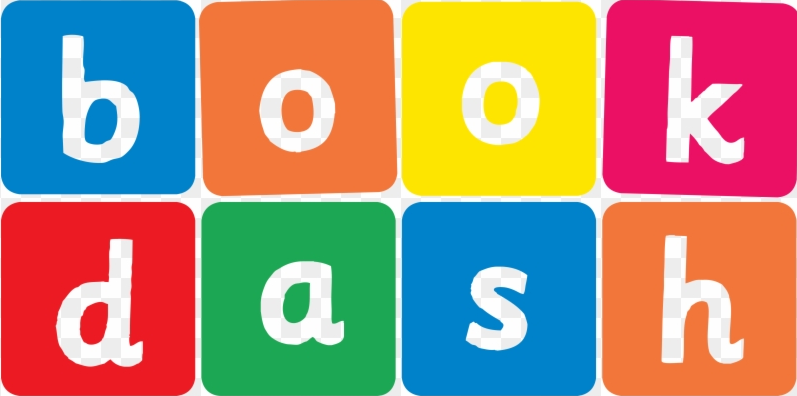Our method is formed around these core beliefs:
- Children can do anything if they are given enough encouragement and belief in their potential.
- Reading is not just a means of passing tests, it is a lifelong skill – and it is interesting and fun as well.
- Reading needs practice and it has to be taken seriously.
- Reading material has to be interesting, amusing, exciting and relevant.
- Libraries, however small, are crucial to developing good reading habits.
It goes without saying that the stories, poems, non-fiction and other reading in our handbooks has to be at a suitable reading and interest level. Finding such material is difficult, and expensive in terms of publishing rights. So … we make it ourselves.
Every page that we produce reinforces the idea that reading with meaning leads to imagination and thinking. Imagination and thinking makes good readers, good citizens, good job candidates and well-rounded personalities.
We are a small team – with big dreams. We realise every day that what we do is a drop in a very big ocean. There are around twenty-million children under the age of 18 in South Africa. A high percentage of those fall into the age group and circumstances that CBN seeks to help – under-resourced and book deprived. We are painfully aware of the enormity of the problem. But, if we do nothing, nothing will change for any of those neglected potential readers. If we do nothing, we have failed all of them. If we keep going, we can change the world for some of them. That’s what has kept us banging our heads against this problem for so long. Here is a link to the most recent report from 2021, published in 2023: PIRLS 2021 Overview of Key Findings
*Exact figures are difficult to verify and often outdated by several years. Most reports indicate that plus 80% of children in South Africa cannot read for meaning by the age of ten. Statistics can be Googled, but simple observation demonstrates the scale of the problem. It is huge and getting bigger every year. Children are giving up on reading before they really get to the interesting bit.
** Some children will never be readers. That has always been the case and has to be acknowledged from the start. We offer the opportunity to read and are always impressed by how many young people have the hunger to take up this challenge.

